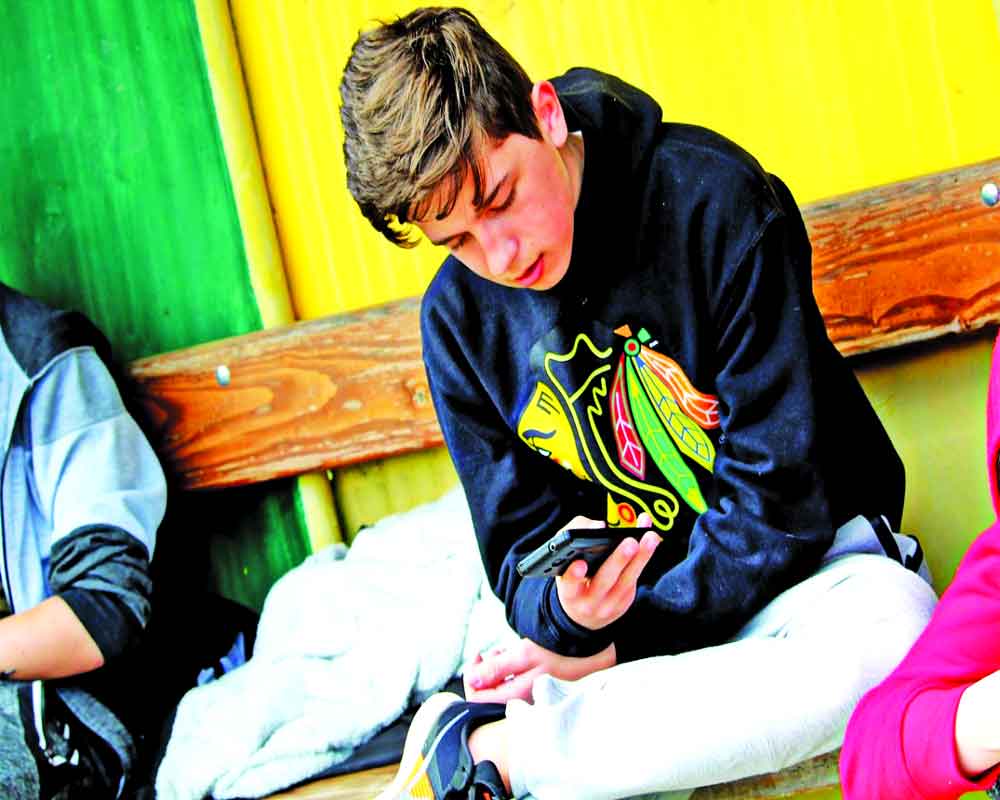Excessive usage of social media could harm mental health of kids
With suicide cases being the second leading cause of death in the young population (10-24 years), influence of social media/internet is immense. Digital interventions among teenaged kids and young adults are significantly affecting their mental health and well-being, making them more susceptible to self-harm, suicidal ideation and later suicide attempts.
A study published in 2015 highlighted teens who reported using social media sites more than two hours a day are much more likely to report poor mental health outcomes. Besides, the suicidal thoughts, excessive social media usage results in a low self-esteem and poor body image are quite a frequent behaviour.
An addiction is identified from mild to severe using 11 criteria of addiction outlined in the ‘Diagnostic and Statistical Manual of Mental Disorders (DSM)-5’. A child can be termed as a social media addict if he/she meets two or fewer criteria.
The 11 criteria of addiction are more social media usage than wished for; having frequent urge or desire of checking social networking sites; usage of social media started conflicts in their immediate relationships with others; hampering his/her ability to function, work, or complete tasks; focussing more on social media and cutting back on activities which they previously used to enjoy; experiencing physical or emotional discomfort when you stop or cut back; stopping or cutting back on social media making them irritable; negative impacts to physical or mental health; continued use of social media despite problems, consequences, or impairments; using in situations that are risky or hazardous (i.e. while driving or working); reduced real-world social interaction; needing more time/likes/follows to get the same amount of pleasure or enjoyment from social media.
Parents play an important role in the de-addiction regime of social media in their kids. Though it’s a tough job, if done in a friendly way then it can strengthen a parent and child bond. They need to build a positive and family environment at their home so that the child doesn’t get the urge of the virtual world. Parents should also take part in their social media usage by learning about the programs/apps, their child is using. Ask the child to teach you about the nuances of these platforms. Parents need to show interest in such activities and ask questions.
In order to monitor children’s online activities, the tablets and computers are placed in common areas, while a tab on child’s online accounts be kept. This will make them understand that monitoring their online activity would help keep them to stay protected from cyber bullying.
But be attentive as some children or teens may create a fake second account for their parents to follow. You can ask them in a friendly gesture about the people they are friends with online.
Showing genuine interest will help them feel comfortable talking about it. Explain that it’s easy for someone on the Internet to pretend to be someone they’re not. Talk about the importance of keeping online friendships in the online world. Make it clear that if your child wants to meet an online friend in person, it must be in a public place and with a trusted adult. Talk in detail about what’s okay and safe to post online, and what isn’t.
People do not always have control over what others post about them. Explain how information and photos found on the internet can resurface years later. Explain how autocorrect can sometimes result in misunderstandings and hurt feelings.
(The author is Founder & Senior Psychiatrist, Manasthali)


























